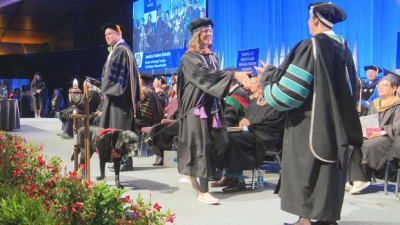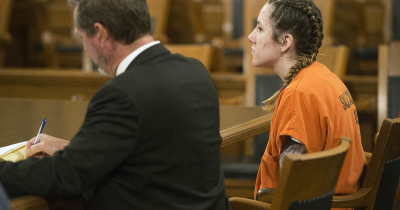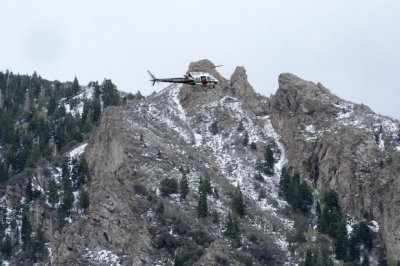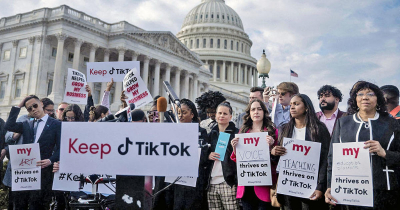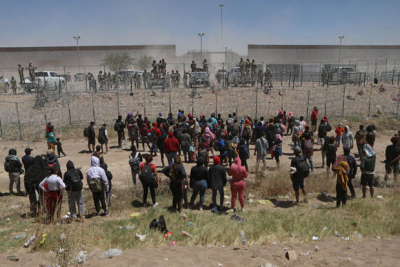
The title in English for Jacobo Árbenz Vilanova would be "Jacobo Árbenz Vilanova". 2024-05-21 05:08:36
Jacobo Árbenz Vilanova was a pivotal figure in the history of Guatemala, recognized for his role as the second democratically elected President of the country. Born on September 14, 1913, in Quetzaltenango, Guatemala, Árbenz emerged as a prominent leader during a tumultuous period marked by social upheaval and political instability in Central America.
Jacobo Árbenz Vilanova
Árbenz's early years were shaped by a fervent desire for education and social justice. He pursued military studies at the Escuela Politécnica, where he was exposed to nationalist ideas that would later influence his political philosophy. Árbenz's military career flourished, and he rose through the ranks, eventually becoming a major.
In 1944, Guatemala witnessed the ousting of the authoritarian regime of Jorge Ubico, ushering in a period known as the "Ten Years of Spring." This era of reformist fervor paved the way for Árbenz's ascension to power. In 1951, he won the presidency in a landslide victory, promising sweeping agrarian reforms and social justice for the impoverished masses.
Árbenz's most notable achievement was the implementation of Decree 900, a landmark agrarian reform law aimed at redistributing land from large estates, or "latifundios," to landless peasants. This move challenged the dominance of the United Fruit Company, a powerful American corporation that controlled vast swathes of Guatemalan land. Although hailed as a progressive measure domestically, Decree 900 drew the ire of the United States government, which viewed Árbenz's policies as a threat to its economic interests and Cold War objectives in Latin America.
In 1954, Árbenz's presidency was cut short by a CIA-backed coup d'état orchestrated under the code name Operation PBSUCCESS. Facing pressure from Washington, Árbenz resigned from office and sought asylum in Mexico. His overthrow marked the beginning of a dark chapter in Guatemala's history, characterized by decades of civil strife, repression, and human rights abuses.
Despite his forced exile, Árbenz remained a symbol of resistance and resilience for generations of Guatemalans. His legacy continues to inspire movements advocating for social justice, land rights, and democratic governance in Guatemala and beyond. Jacobo Árbenz Vilanova's unwavering commitment to the principles of equality and sovereignty cements his place as a revered figure in the annals of Latin American history.
Jacobo Árbenz Vilanova was a transformative figure in Guatemala's history, recognized for his progressive policies and commitment to social justice. As the second democratically elected President of Guatemala, he implemented sweeping agrarian reforms aimed at addressing the country's deep-rooted inequalities. Despite facing opposition from powerful external forces, Árbenz remained steadfast in his pursuit of a fairer society. His overthrow in 1954 marked a tragic turning point for Guatemala, leading to decades of instability and repression. Nevertheless, Árbenz's legacy endures as a beacon of hope for those advocating for democracy, human rights, and equitable development in Guatemala and beyond. His dedication to the principles of sovereignty and equality continues to inspire generations of activists and leaders striving for a more just world.
Jacobo Árbenz Vilanova has been referenced in various books, films, and documentaries that explore the history of Guatemala, Latin America, and Cold War politics. Some notable mentions include:
• Books:
• "Bitter Fruit: The Story of the American Coup in Guatemala" by Stephen Schlesinger and Stephen Kinzer.
• "The War on Democracy: U.S. Intervention in Latin America" by John Pilger.
• "Banana: The Fate of the Fruit That Changed the World" by Dan Koeppel.
• "Árbenz: El presidente que no fue" by José Luis Villatoro.
• Films and Documentaries:
• "Granito: How to Nail a Dictator" (2011) directed by Pamela Yates.
• "La Ilusión del Pueblo" (2016) directed by Marcela Zamora Chamorro.
• "1954: Árbenz" (2017) directed by Pau Montagud.
• "When the Mountains Tremble" (1983) directed by Pamela Yates and Newton Thomas Sigel.
• Websites:
• Numerous historical and academic websites dedicated to Latin American history, Cold War politics, and human rights issues feature articles and resources about Jacobo Árbenz Vilanova, his presidency, and the CIA-backed coup that ousted him.
These sources offer diverse perspectives on Árbenz's life, presidency, and the events surrounding his downfall, contributing to a deeper understanding of Guatemala's complex history and the impact of U.S. intervention in the region.



